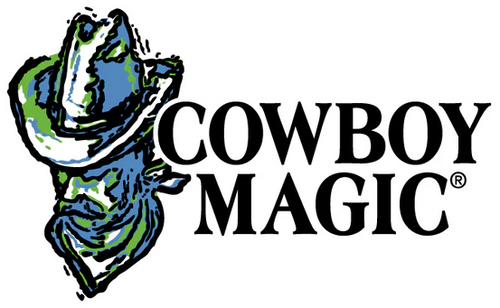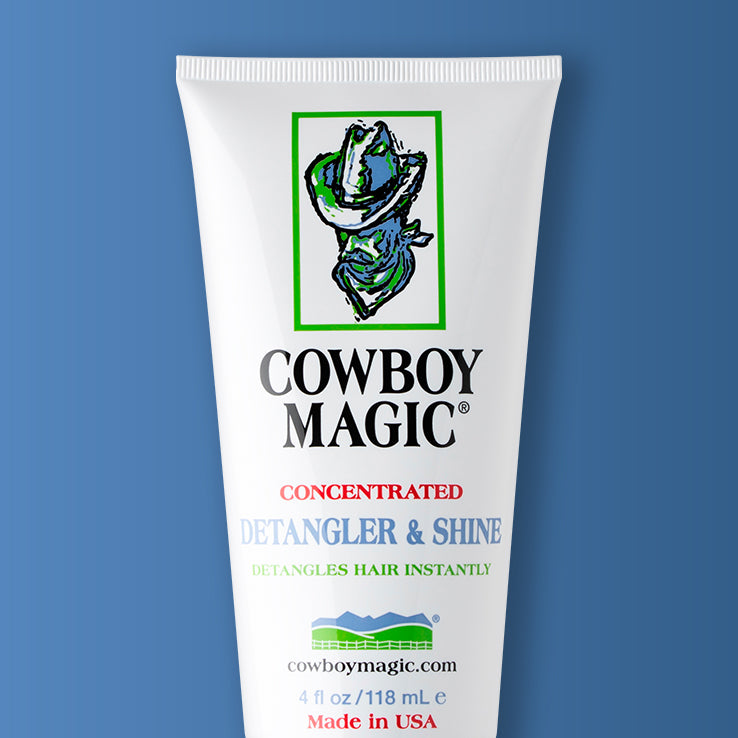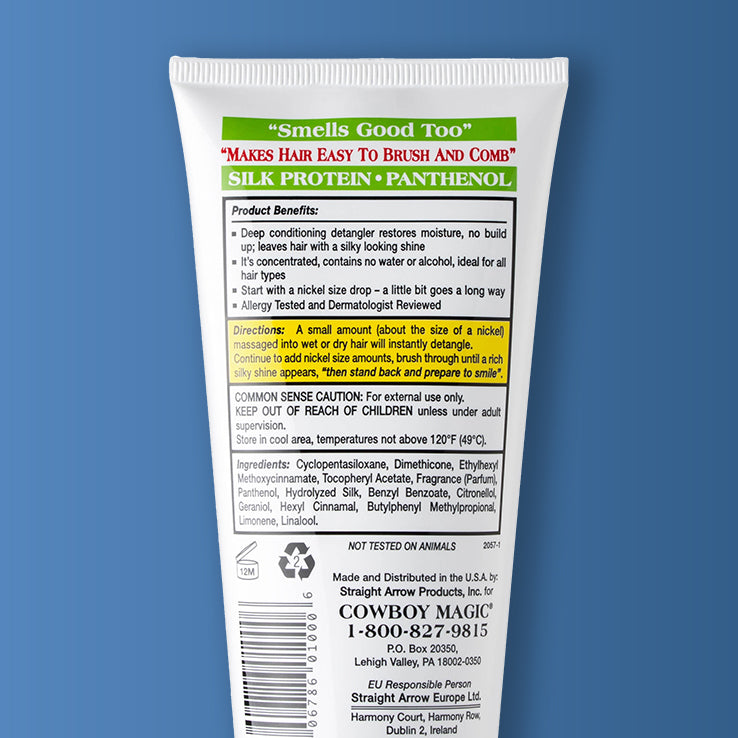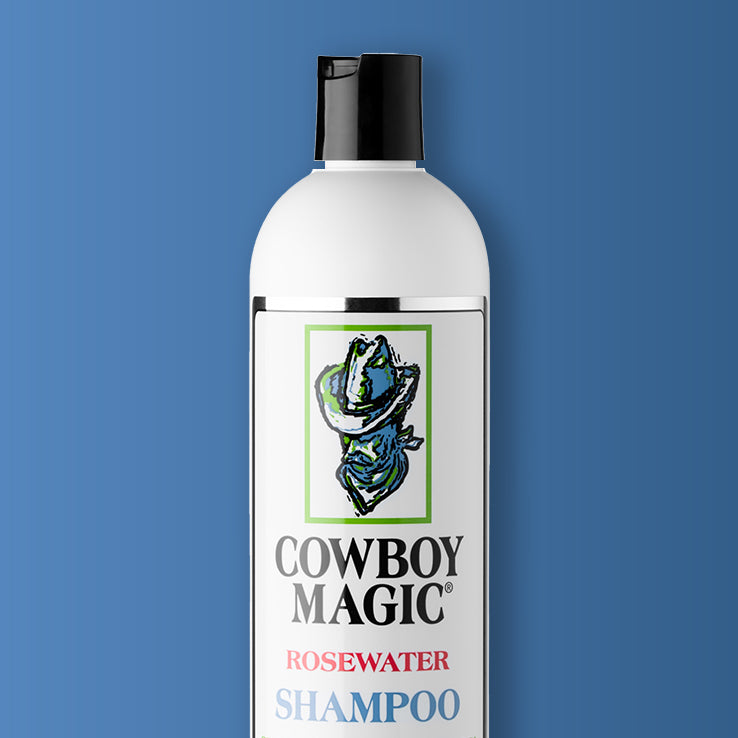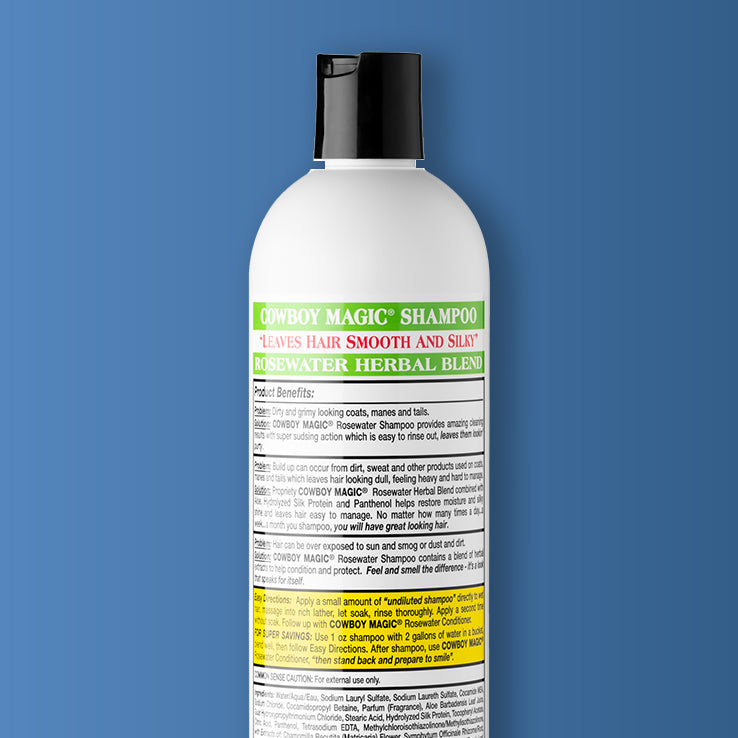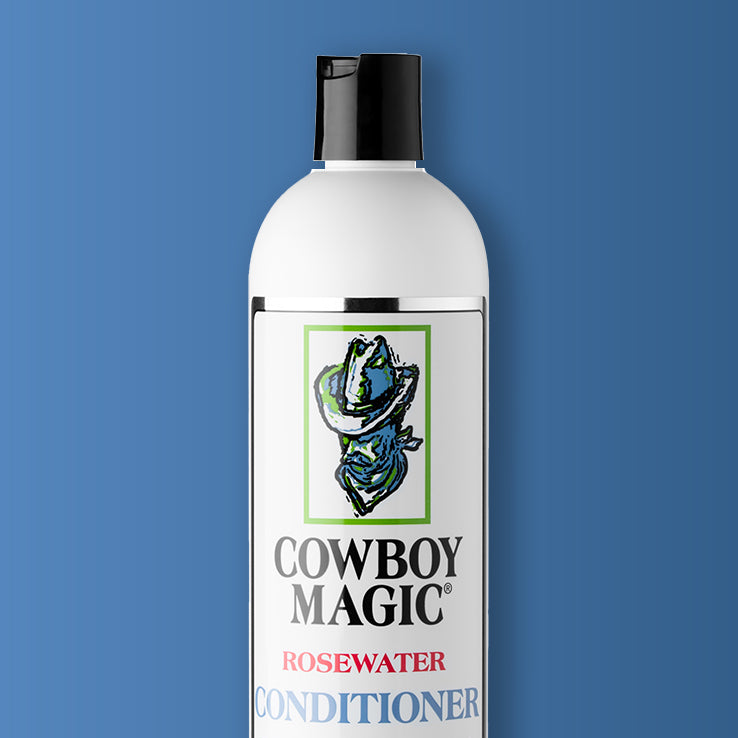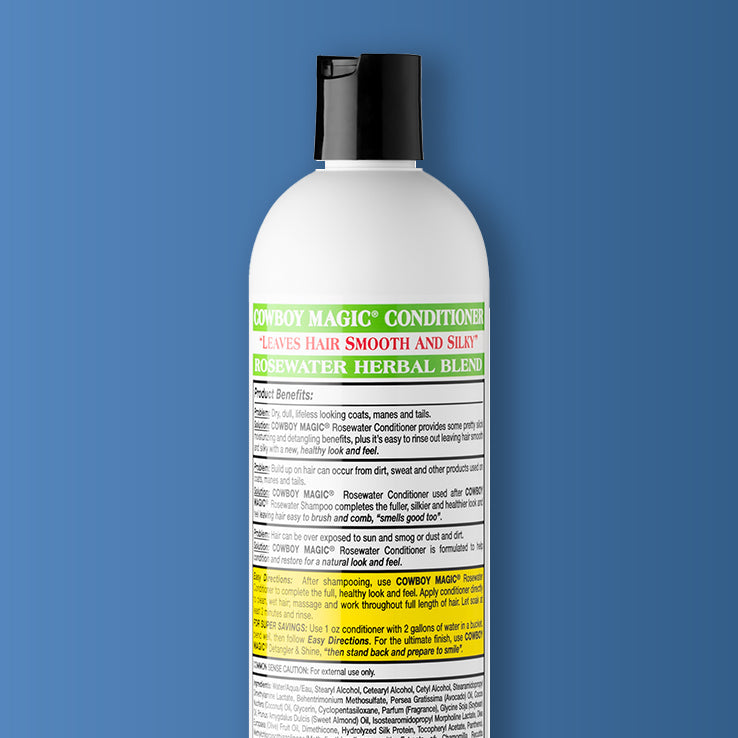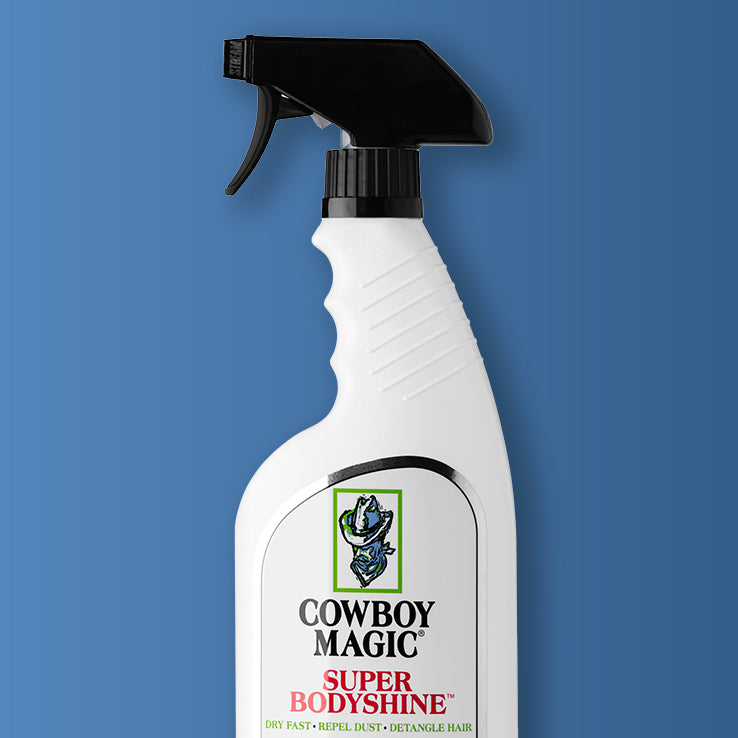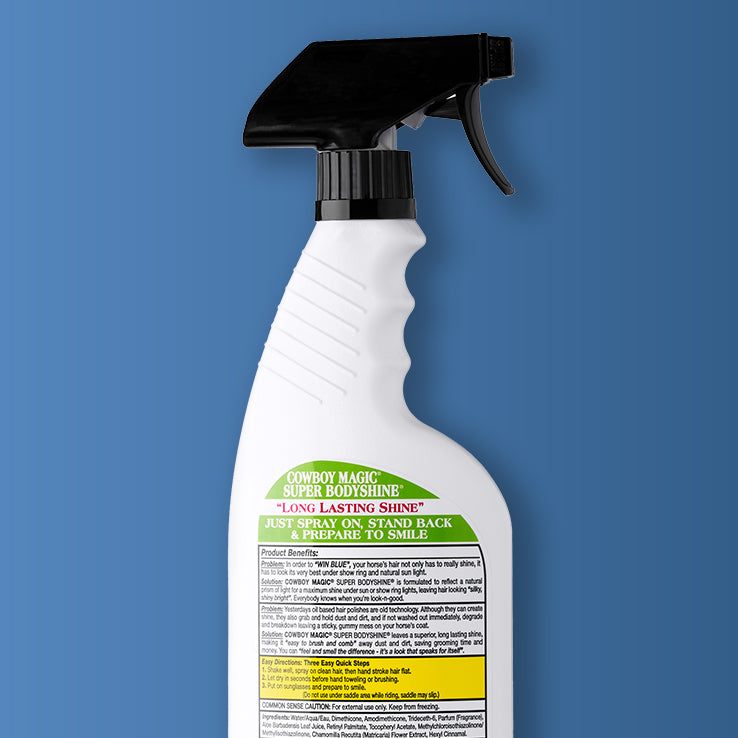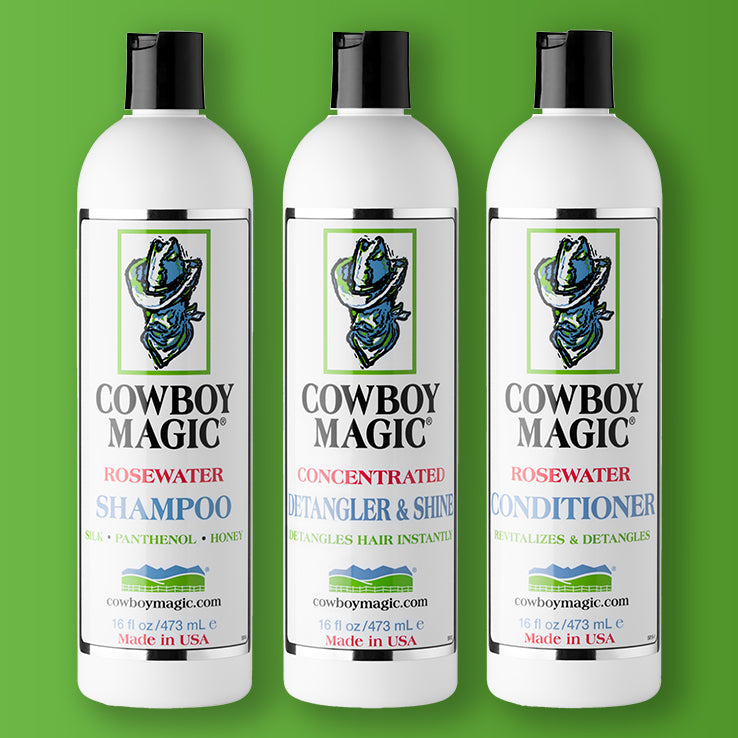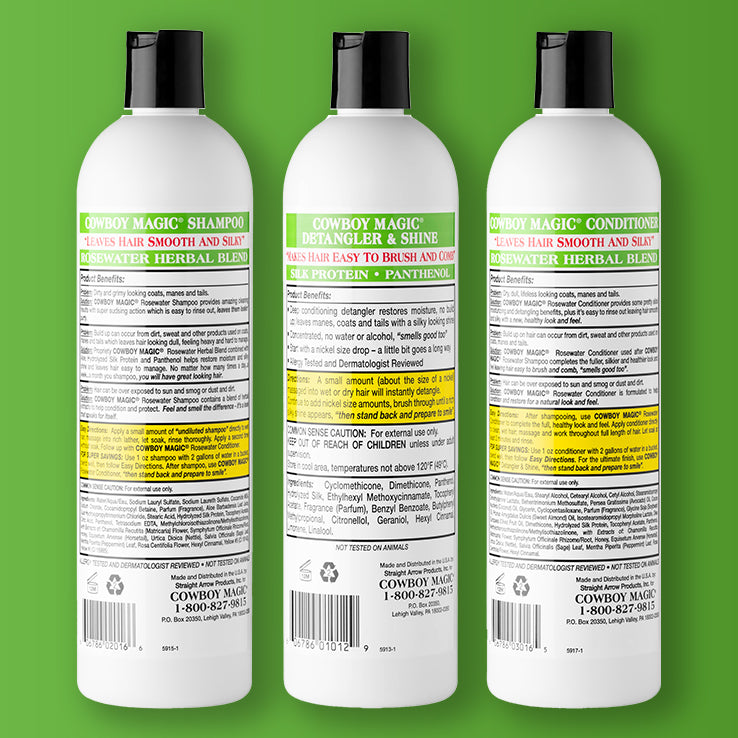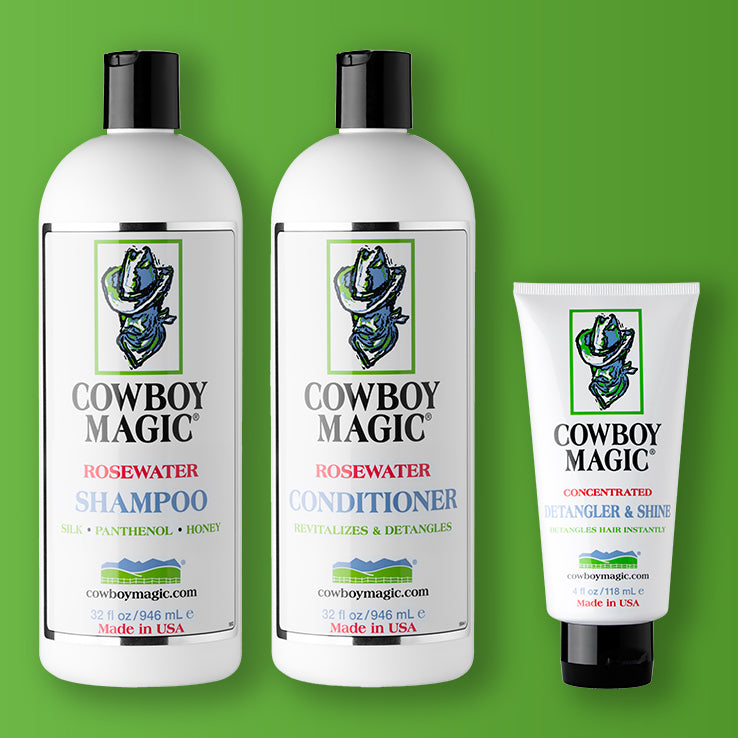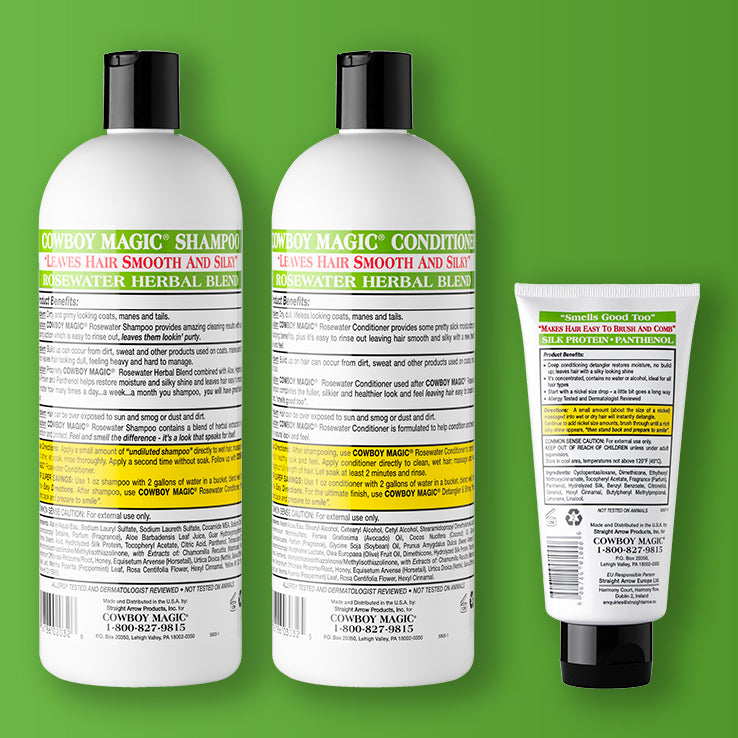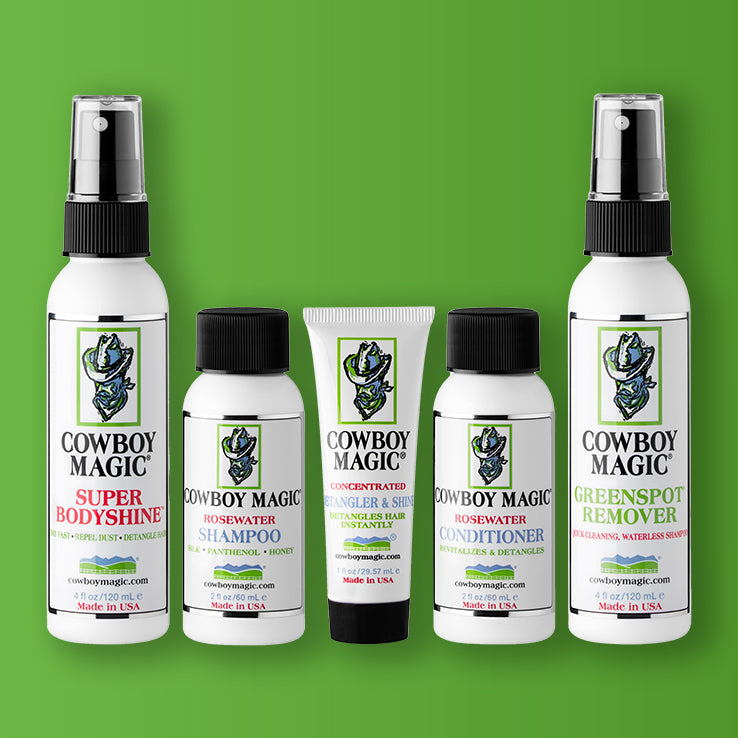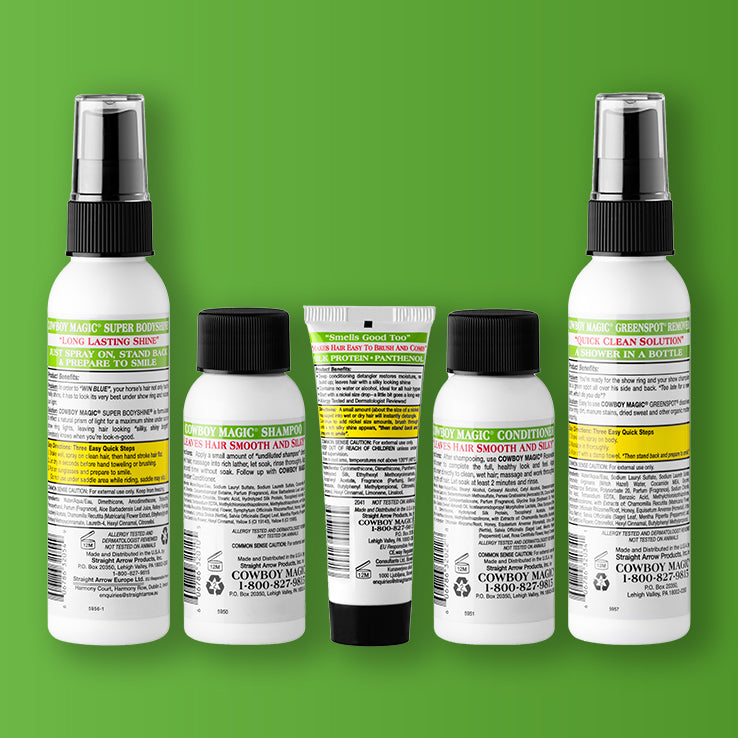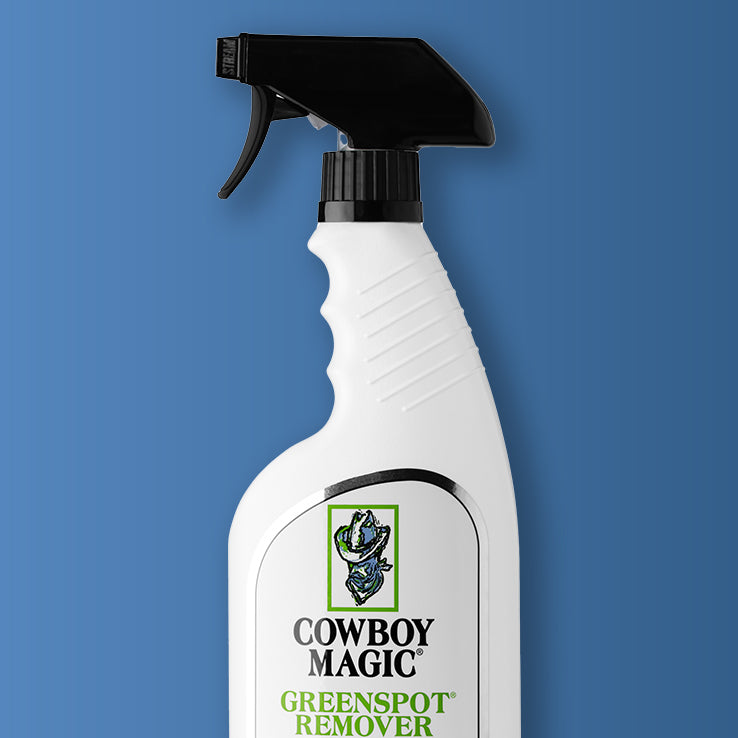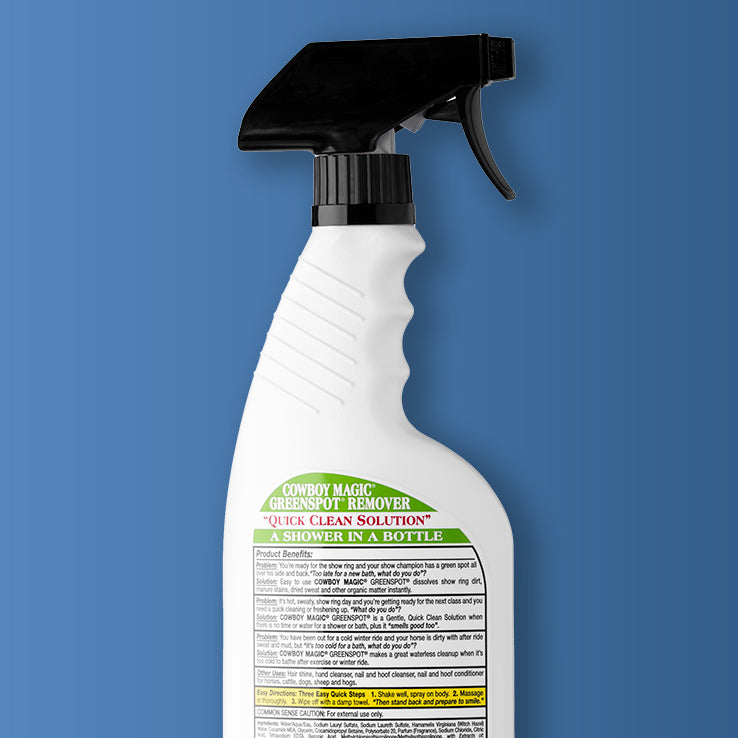When your to-do list is long and the day is short, Cowboy Magic is on your side with effective grooming solutions that show your animals how much you care.
Cowboy Magic Grooming Products
Shop Cowboy Magic
Grooming Excellence, Unleashed

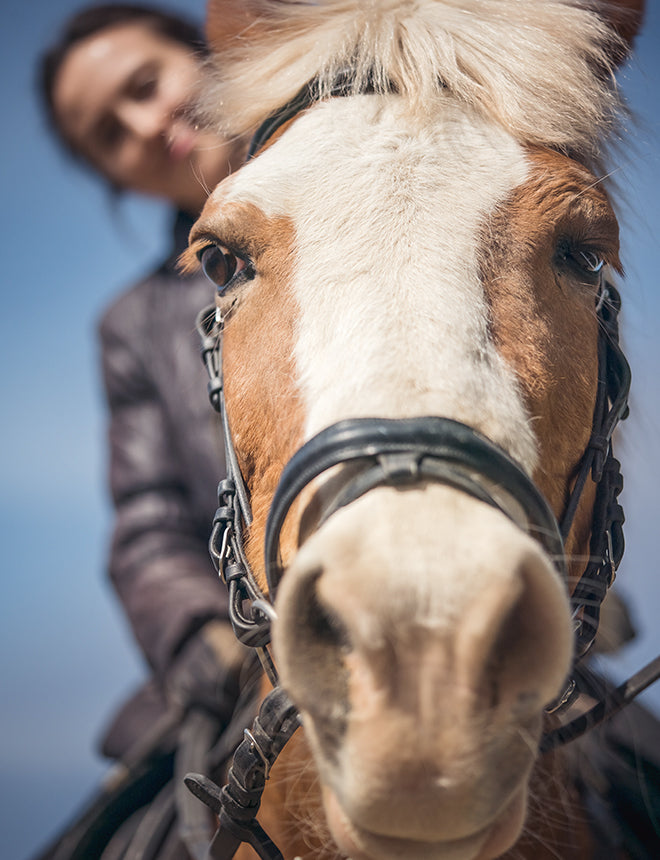
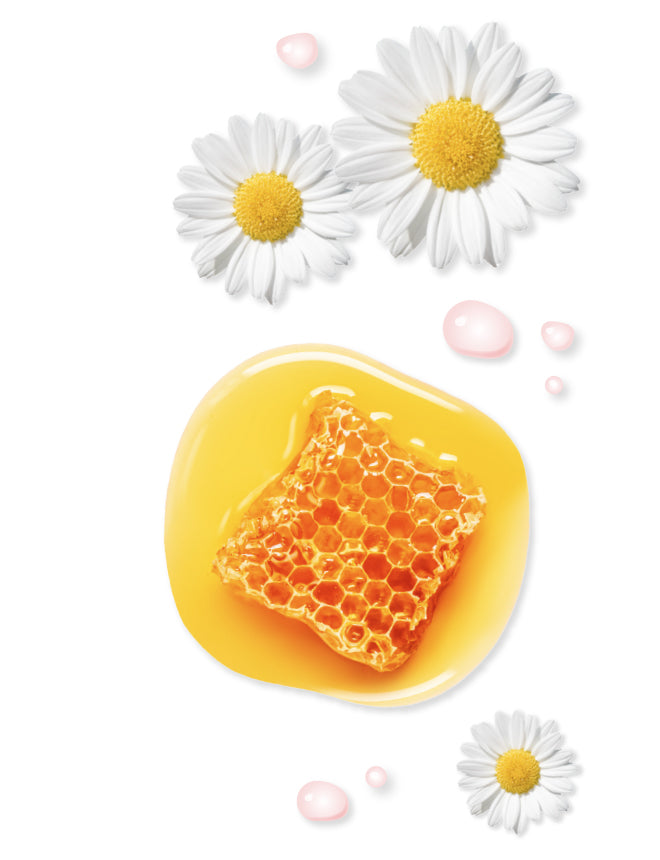
Nothing But The Best
With effective yet nourishing ingredients like rosewater, chamomile, honey, and silk, Cowboy Magic® does the tough work so you don’t have to.
Boyd Martin’s Picks
Shop Brand Ambassador Boyd Martin’s Favorite Products

Fueled By Love & Grit
Grooming is a ritual that goes beyond cleanliness - it's a celebration of the hard work and connection that exists between you and your animals. That’s why we take pride in formulating products that meet the unique needs of horses and deliver effective, trusted, and accessible grooming solutions.

